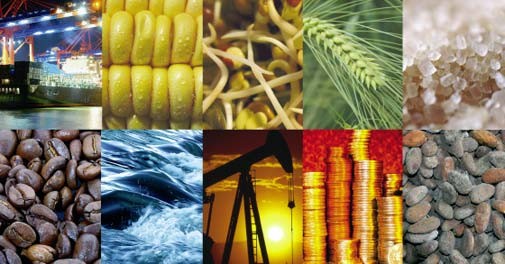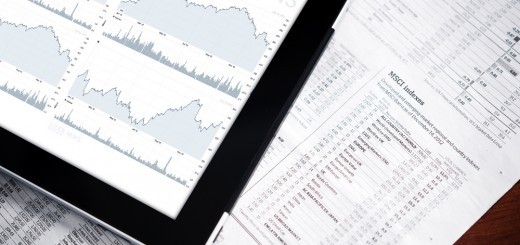Commodities Which Commodities Should You Trade
Post on: 20 Июль, 2015 No Comment

You can opt-out at any time.
This question always seems to pop up with new commodity traders. There are about 30 actively traded commodities on the U.S. futures exchanges that you can choose from. I always tell traders to start with the commodities where they might already possess some industry knowledge. Then, you have to select commodities that fall within your risk parameters.
Commodity Industry Knowledge
Whether you realize it or not, you probably already have some good knowledge of at least one commodity through some type of work experience. Commodities are basically raw materials and they make up the goods we manufacture, transport and consume.
For example, truck drivers probably watch diesel and gasoline prices on a daily basis. Those who produce any candy or sweet goods are very in tune with the price of sugar. People in the construction business keep a close eye on the price of copper and lumber. Jewelers monitor the prices of precious metals on a daily basis and they know what is hot and trending. These are just a few examples of how people deal with commodities on a daily basis.
If you have experience with commodities through some type of work you do, I would recommend focusing on those commodities where you already have some type of basic understanding. It is important to realize that not all commodities have equal risk The margin on a futures contract basically determines the amount of risk with each commodity, so make sure the amount of risk is suitable for you when you pick a commodity to trade.
Volatility of Commodities
Next, you want to make sure that any commodities you trade fall into your risk parameters. Some commodities make small average moves each day and others make wide swings each day. Is it out of your comfort level to see a commodity make a $2,000 move on average each day?
To find out the volatility of each commodity, you should check the futures margin of each commodity. This is the amount that futures exchanges require as a good faith deposit on each futures contract you open. Margin is based on a variety of factors, but it mostly has to do with the daily price swings of futures contracts. The exchanges also change these values when market conditions change.
There are some commodities you might not be able to trade. If you only have a $5,000 account, you will not be able to hold a futures contract that requires margin of $7,500. So, you can rule out those commodities unless you trade futures options.

Some commodities are not very active and they are difficult to trade and prone to wild swings for no apparent reason. Pork bellies, rice. lumber, orange juice, oats and feeder cattle are commodities I tend to not trade for liquidity reasons.
How I Select Commodities To Trade
Some professional traders like to concentrate on one or just a few commodities to trade. There is sound logic behind this approach as you intimately get to understand all the little quirks of a commodity that many traders miss. I tend to trade a variety of commodities and futures, although I do have a couple of favorite markets.
I like to trade corn. soybeans and gold for short and longer term trades. I like to trade coffee futures for quick hits, because this market can turn quickly on you. For day trading purposes, I trade the e-mini S&P. You can’t beat the liquidity in this market and there is no absence of trading opportunities here.
Overall, I trade most of the liquid commodities as I look for certain trade setups. I may not trade certain commodities all year and I may trade other commodities very frequently. Markets and trading conditions are constantly changing, so some commodities may offer good trading opportunities one year and not the next.
I like to monitor and trade all the active commodities as that gives you better overall trading opportunities. With commodities, you only have to research or scan charts on about 30 markets. That is much better than scanning thousands of stocks.














